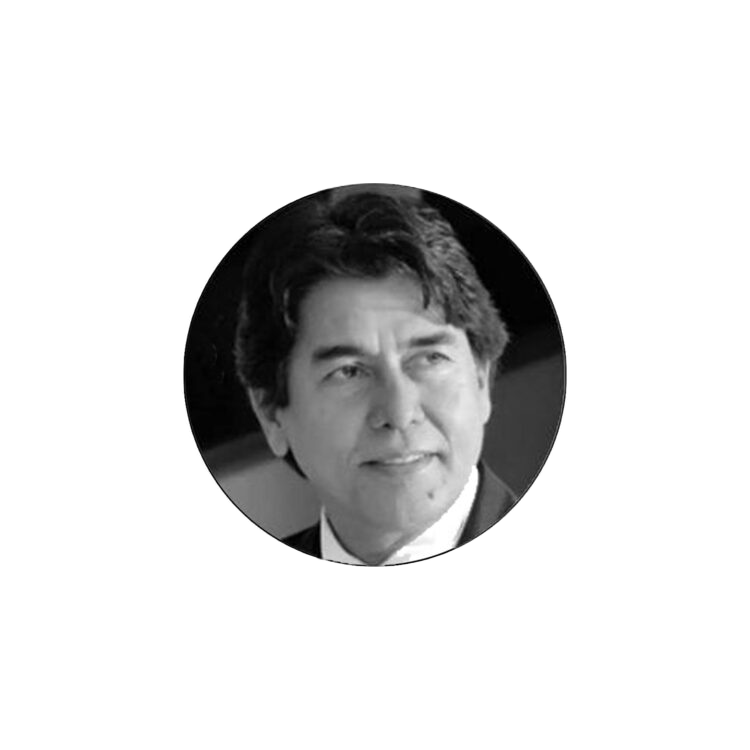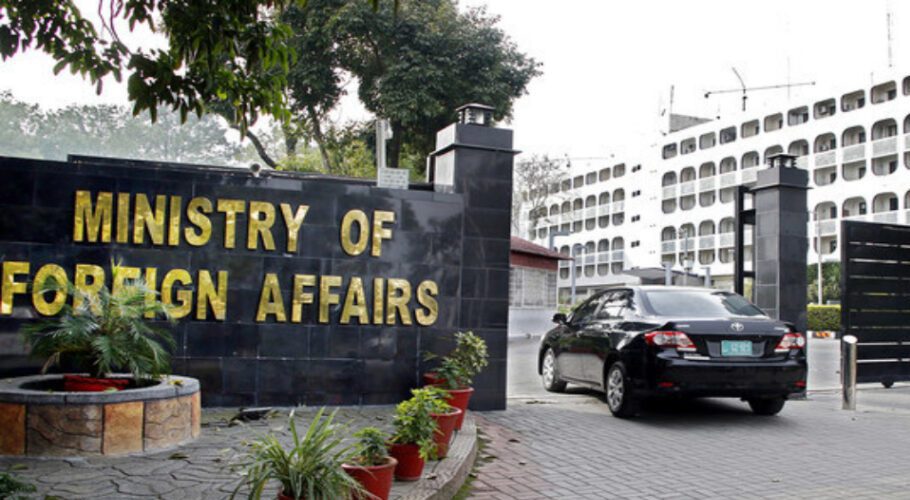Prince Karim Aga Khan, the 49th Imam of the Ismaili Muslim Community, is like a radiant and shining star that will always shine brightly on the horizon of humanity.
He belongs to the great spiritual tradition of a family that has become a golden symbol of service, welfare, education, and global development. His great-grandfather, Aga Khan III, played a crucial role in improving the political, social, and educational conditions for Muslims in the subcontinent. The exceptional work done by the Aga Khan family guarantees that Aga Khan III’s contributions won’t be forgotten. His legacy of selfless service and substantial achievements will be remembered globally for generations.
Aga Khan III, born in 1877, proved to be a beacon of light for the Muslims of the subcontinent, igniting the candle of hope in the darkness of slavery. He was elected the first president of the All India Muslim League and, with his tact and wisdom, defended the political, educational, and social rights of Muslims in negotiations with the British government with great skill and success. His personality was a beautiful combination of political insight, brilliant diplomacy, and intellectual depth, making him not only a great leader but also a high-ranking thinker and reformer.
Aga Khan III’s vision was not limited to political autonomy for Muslims; rather, he was also a great advocate of their educational progress. His unforgettable role in the development of Aligarh Muslim University and his tireless efforts in establishing educational institutions remain a beacon for the Muslim world. Aga Khan III had the foresight to recognize the future importance of lands in Gwadar and Hunza, advising the Ismaili community against selling them. This decision has been validated today, as Gwadar is now a vital component of the China-Pakistan Economic Corridor (CPEC). His ability to anticipate the strategic value of these regions underscores his exceptional vision and leadership qualities.
Every member of the Aga Khan family has been illuminating the world with the light of knowledge, generosity, and human welfare. After the passing of Aga Khan III, his grandson, Prince Karim Aga Khan, not only upheld this great tradition but further enriched it.
Prince Karim Aga Khan has devoted his life to humanitarian efforts, inspiring positive change across the world. His commitment to improving lives is reflected in the numerous development initiatives he has supported over the years.
The Aga Khan University Hospital in Karachi, a leading healthcare institution, was inaugurated in 1983, long before Prince Karim Aga Khan’s Golden Jubilee in 2007. This hospital has since played a significant role in providing high-quality medical care across various specialties.
In recent years, when law and order in Karachi deteriorated, causing anxiety, uncertainty, and unrest among the people, Prince Karim Aga Khan consoled his followers and urged them to contribute to the development of their homeland rather than migrate. Today, under Aga Khan IV’s guidance, Karachi is once again on the path of economic, educational, and social progress—an example of his leadership that transforms despair into hope and inspires resilience.
Historically, Ismaili Muslims worldwide celebrated the Golden (1937), Diamond (1946), and Platinum (1954) Jubilees of His Highness Aga Khan III. These milestone anniversaries contributed to the establishment of numerous social welfare institutions that continue to make a lasting impact. For instance, the Platinum Jubilee laid the foundation for several financial cooperative societies in Africa and other regions, while the Diamond Jubilee Schools have significantly advanced education, particularly in the remote areas of Gilgit-Baltistan, Pakistan.
The Aga Khan Development Network (AKDN) runs humanitarian projects worldwide, spanning education, health, culture, agriculture, and infrastructure development. The educational institutions he established today meet the highest global standards, and his contributions to the health sector are comparable to Nobel Prize-winning projects. His son, Prince Rahim, follows the same principles. In keeping with Ismaili tradition, Prince Karim Aga Khan wrote his will during his lifetime, appointing the next Imam of the Ismaili community.
Prince Rahim Aga Khan is dedicated to addressing significant global challenges, particularly climate change, by actively working to achieve zero carbon emissions. The leadership approach of the Aga Khan family integrates tradition with contemporary needs, focusing on a broad vision of service, development, and justice. Prince Rahim al-Husseini, recognized as Aga Khan V, promotes the Time and Knowledge Nazrana (TKN) principle. This principle aims to guide each Ismaili towards progress through mutual support and commitment to serving humanity.
The contributions of the Aga Khan family are too vast to be covered in a single article, as their remarkable deeds will always be inscribed in golden letters in human history. The movement initiated by Aga Khan III, the unparalleled sacrifices he made, and the benevolent services of Prince Karim Aga Khan have illuminated the world—not just for the Ismaili community but for all of humanity. The torch has now passed to Prince Rahim Aga Khan V, who is determined to elevate it even further.
The services of the Aga Khan family remind us that true leadership transcends borders and finds its highest expression in service to others. Their journey continues, and their radiant legacy will always remain a symbol of hope, love, and progress for humanity. As Prince Rahim Aga Khan stated in his first decree to his followers.
In his address, The Aga Khan paid tribute to his late father, Prince Karim Aga Khan IV, and thanked his family for their presence and support. He also thanked the governments of Portugal and Egypt for the way in which they had acknowledged his father’s contributions and facilitated the dignified arrangements for his funeral and burial.
In his inaugural address, he pledged to dedicate his life to care for the spiritual and material well-being of the Ismaili Jamat. He spoke of the principles of the Ismaili Muslim faith, the importance of keeping a balance between worldly and spiritual matters and the regular practice of the faith.
Pakistan is the ancestral homeland of the Aga Khan family, and the large Ismaili community in Pakistan reflects their deep connection to the country. By continuing the Aga Khan family’s tradition of selfless service in Pakistan, the nation can greatly benefit from their new Imam and his dynamic leadership.
Pakistan, too, can chart a new path, particularly in health and education, by collaborating with a spiritual leader Prince Rahim, Aga Khan V. Furthermore, Pakistan should immediately consider providing all necessary facilities for the new Imam so as to stimulate the thoughts of establishment of winter capital of Imamat in a suitable area along the Super Highway near Karachi, like the one in Lisbon. 1.5 million Ismaili Shia Muslims will find spiritual solace to have some dwelling around the summer capital, thus attracting investing along with the knowledge, needed in Pakistan. This would not only boost the local economy but also enhance Pakistan’s image as a progressive, welfare-oriented state on the international stage.




























